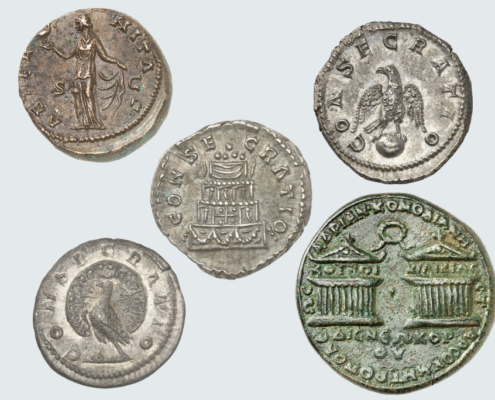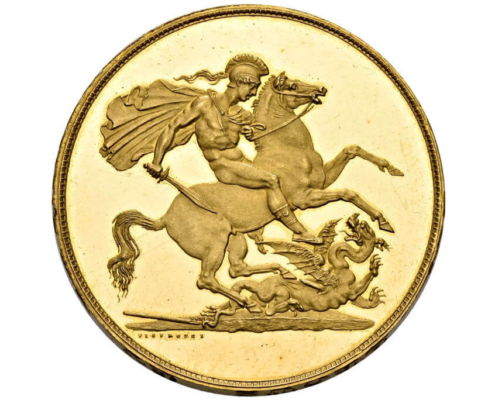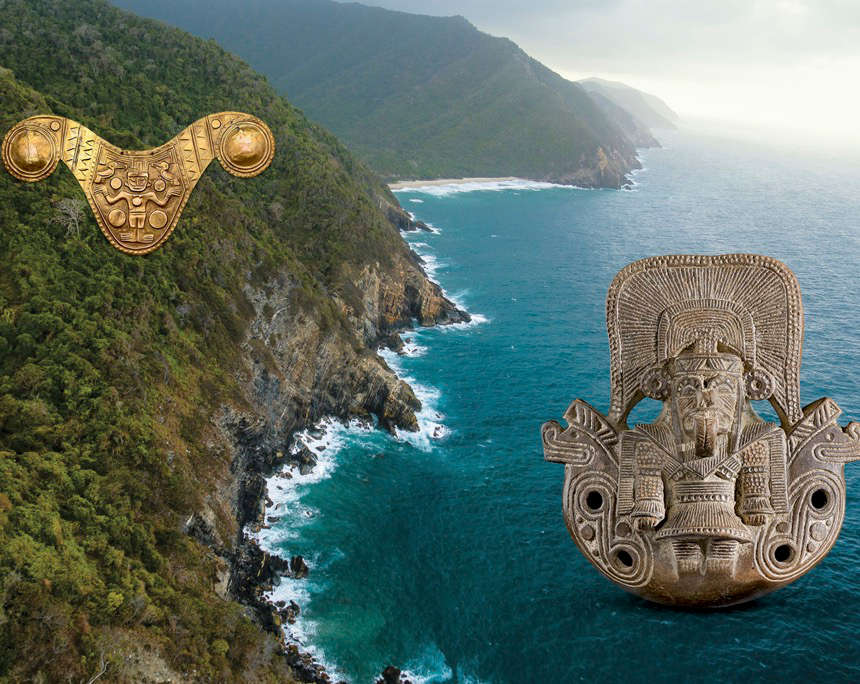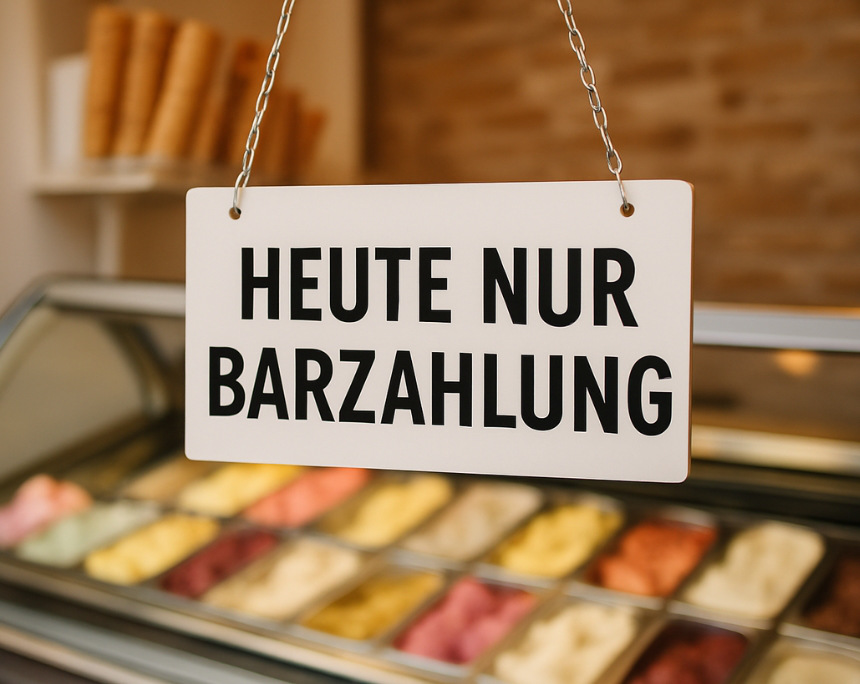Archive: People and Markets
More than Gold – Splendour and Thought in Indigenous Colombia
A new exhibition at Zurich Museum Rietberg is dedicated to the diversity of artistic production in pre-Hispanic Colombia. On display are spectacular gold objects.
End of “Cash Only”? Germany Plans Right to Digital Payment
Cash will remain important in Germany – but digital payment options are set to become mandatory. Germany’s federal government is working on new regulations. Are they truly intended to offer consumers more convenience – or are they also about gaining more control over payment flows?
Archive: Coins, Medals and more

Oh Dear, I Think I’m Becoming a God! Numismatic Testaments to the Consecration of Roman Emperors
On 31 October 2024, Künker will auction off part 9 of the Dr. W.R. Collection. It presents Roman coins from the period between the civil war of 68/9 and the end of the Severan dynasty. The diverse material illustrates the numismatic traces of the consecration of Roman emperors.

As the King Lay Dying… – The Most Spectacular British Gold Coin of the Modern Era
In Part 4 of its extraordinary British Collection, SINCONA will be presenting several extremely rare patterns, some of which are the best-preserved specimens available on the market. In this article, we tell their story.










Evento Numismático Internacional
There is a new coin show aimed at the Spanish-speaking world: from 26 to 29 June 2024, the first Evento Numismático Internacional will take place at the prestigious Four Seasons Hotel in Madrid, and will include a coin show, numerous presentations and an extensive cultural programme.
Royal Canadian Mint Reports First Quarter 2024 Financial Results
The Royal Canadian Mint has released its financial results for the year 2023 and the first quarter of 2024, offering insights into its activities, market influences, and expectations for the coming year.